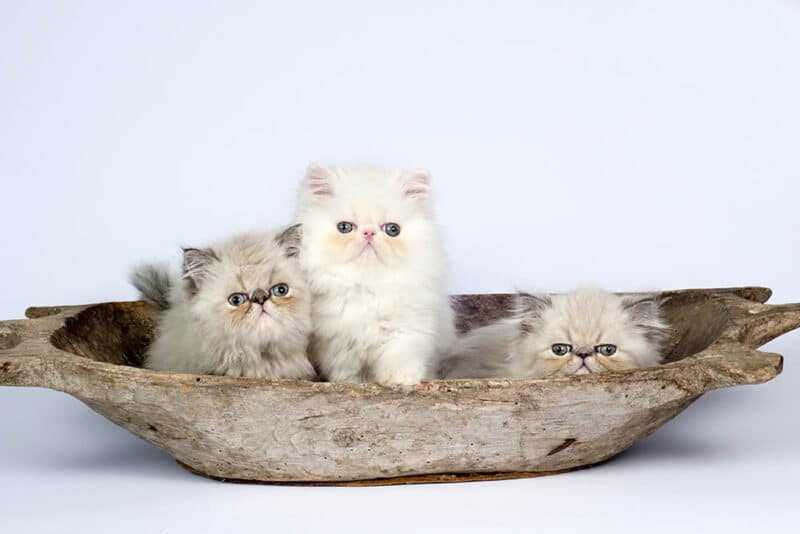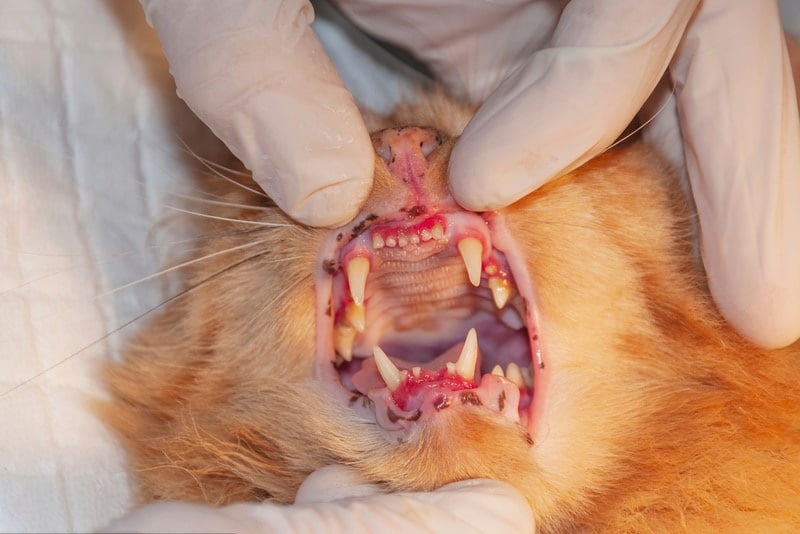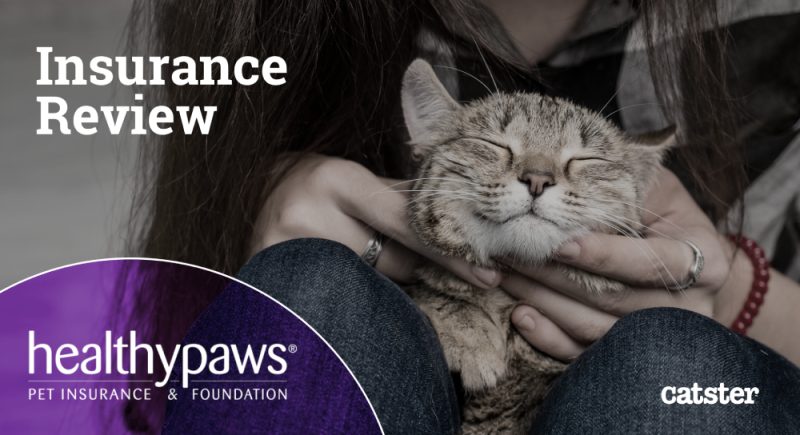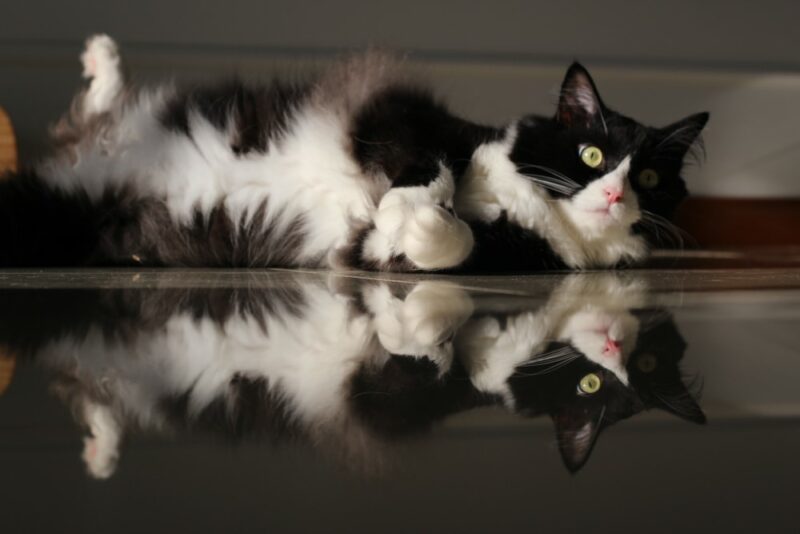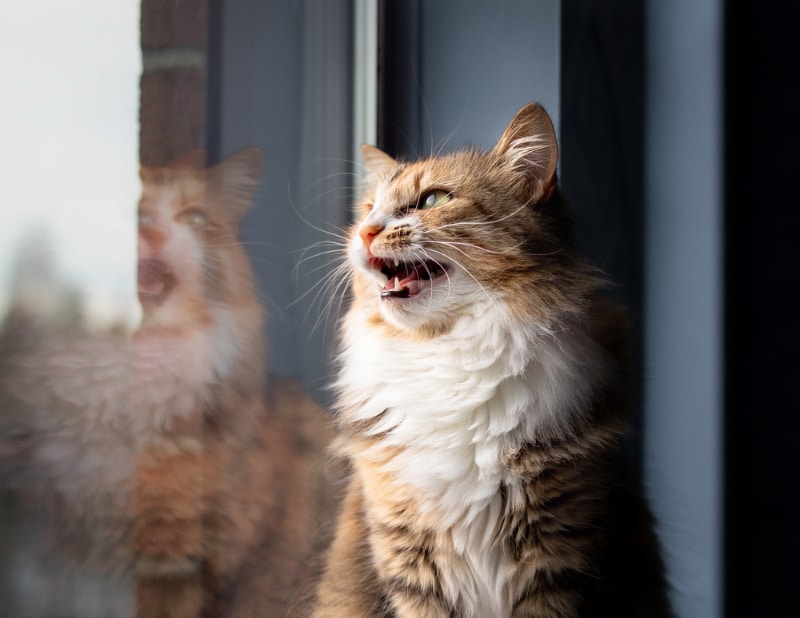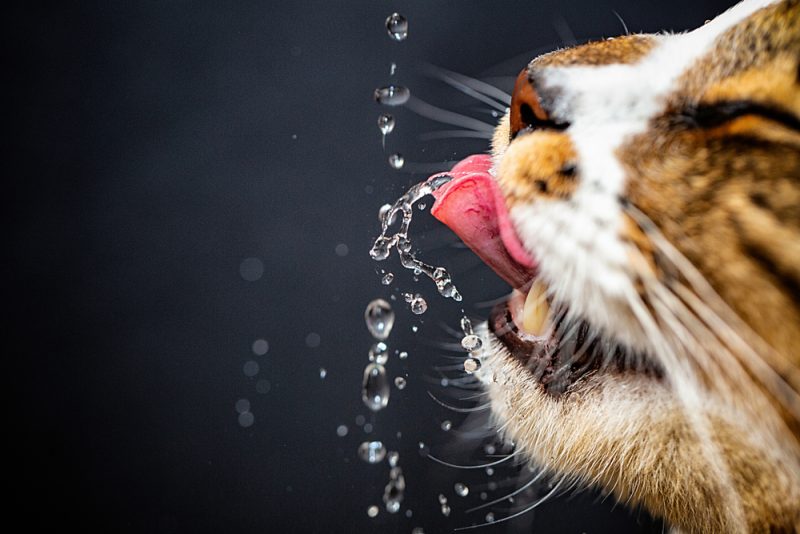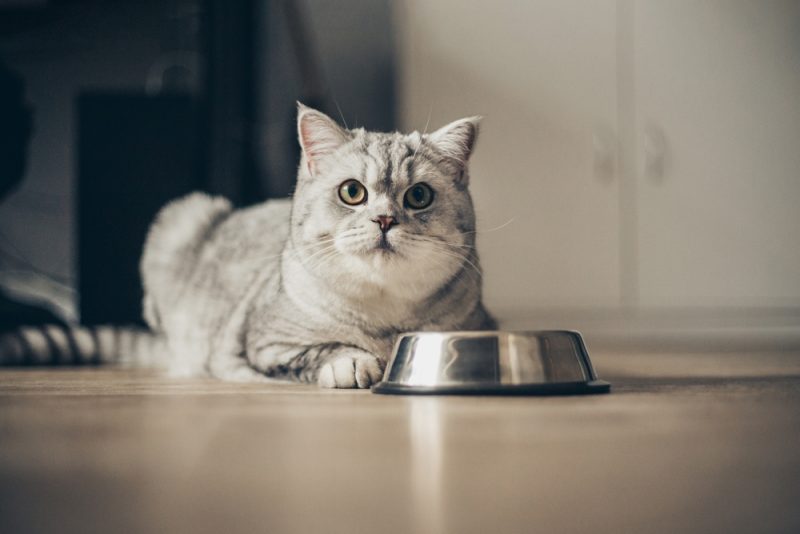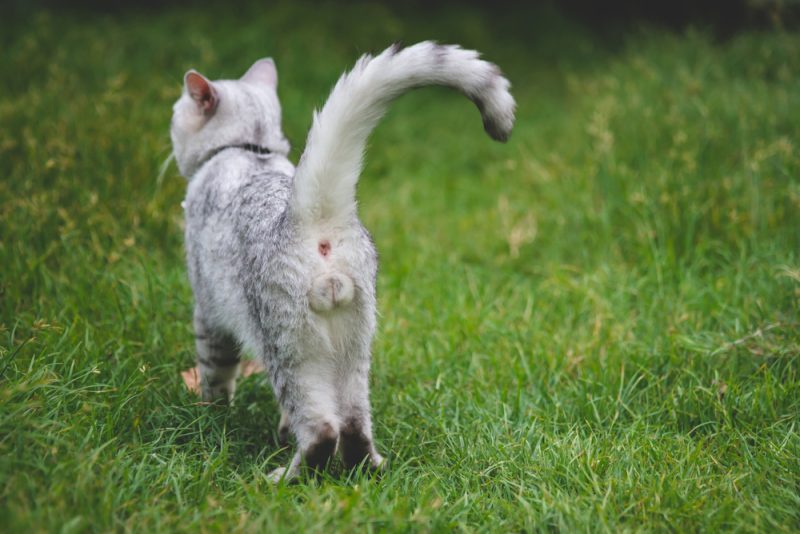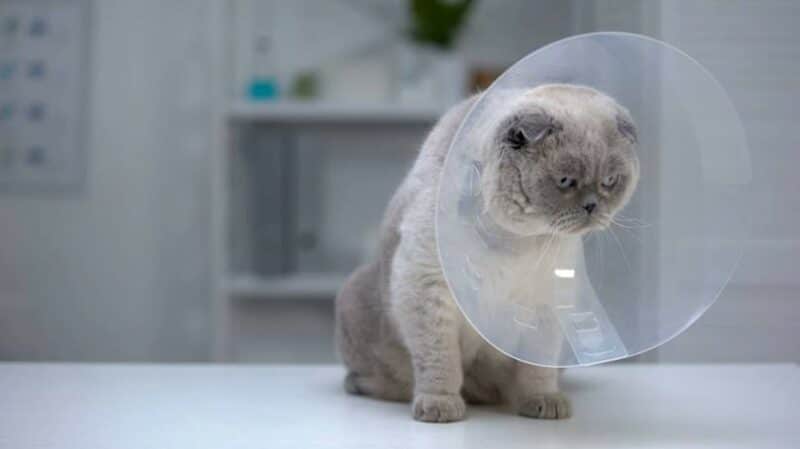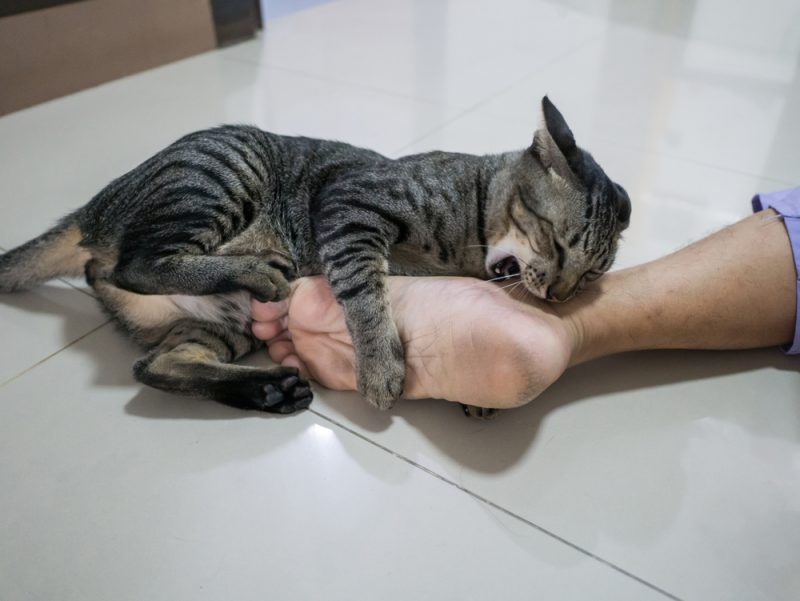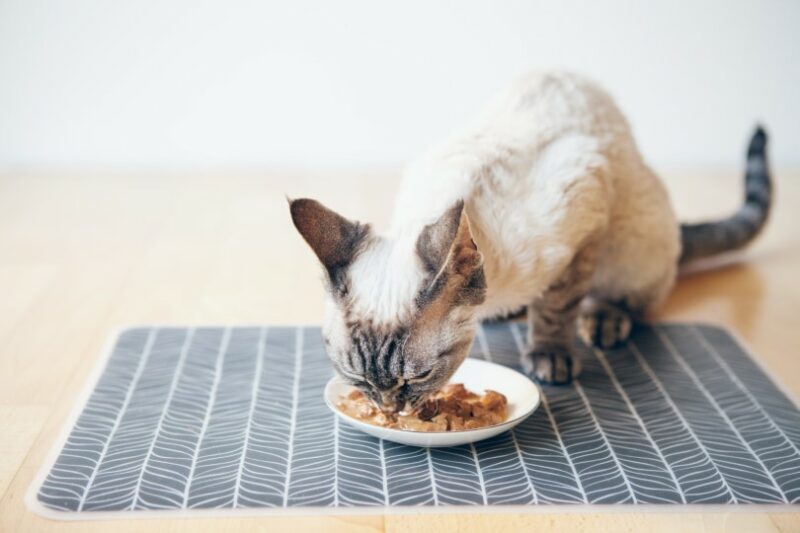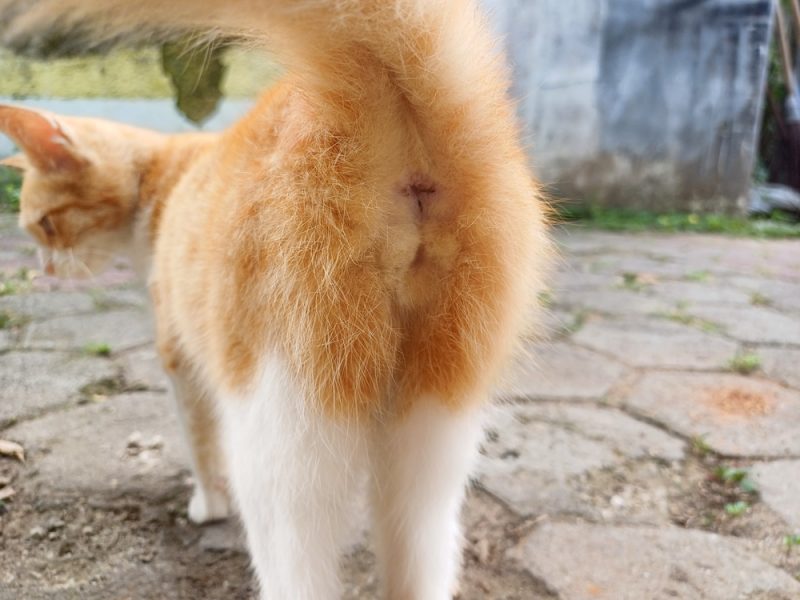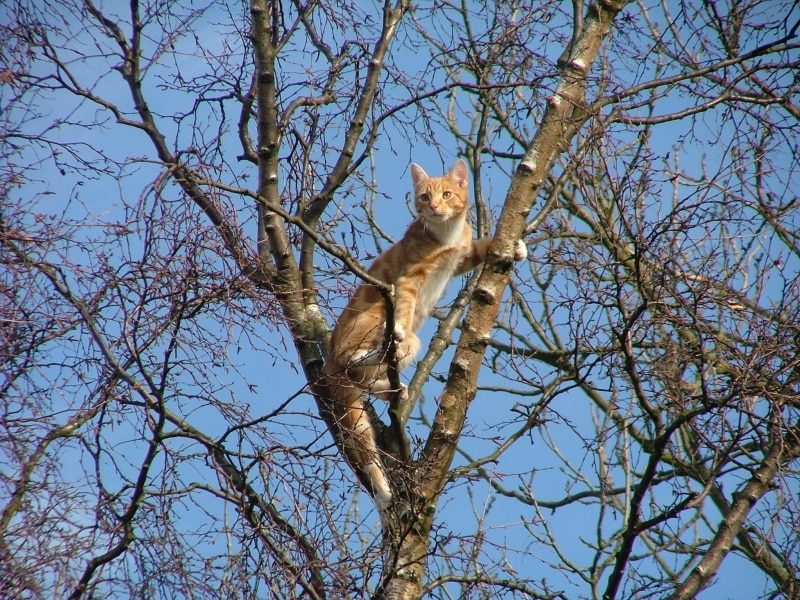Welcome to our “Ask Dr. Paola” series, where every Monday we bring expert advice straight from Dr. Paola Cuevas (MVZ) to help our readers better understand their cat’s health and well-being.
Whether you’re a new pet parent or a seasoned cat lover, Dr. Paola is here to provide answers to your most pressing questions. From nutrition tips and preventive care to troubleshooting common behavioral issues, Dr. Paola is ready to offer insights that will keep your kitty happy, healthy, and feline fine. Stay tuned for expert guidance on a range of topics that matter most to you and your cat, so you can make informed decisions and provide the best possible care for your furry companion.
Have a question? Send it in here!

Help! My Cat Keeps Sneezing!
“Dear Dr. Paola,
I adopted Maggie (a Lynx Point Siamese) from a shelter. She was listed as a stray, 4 to 6 years old. She’s a lovely cat, but this summer (my first summer with her), she has started sneezing. Mostly 1 sneeze at a time, but others up to 4 to 5 times in a row. She has clear eye discharge, so I took her to a vet who never told me what was wrong but gave her a steroid injection. For 2 to 3 days, Maggie was out of it. She didn’t eat or drink much and slept all the time. All quite unusual for her. I called the vet, and their response was “she is mad because you brought her to the vet.”
I don’t think that’s it. Her sneezing stopped, and her eye discharge disappeared. It has been about 8 weeks since the injection, and the sneezing is starting up again. Do you have any suggestions of what I should have her checked for? ” – Bev
Hi Bev,
Thank you for giving Maggie such a loving home. From what you describe, her sneezing with clear eye discharge is most often associated with feline upper respiratory infections, usually viral in nature. Cats that have been in shelters are commonly exposed to herpesvirus or calicivirus, and these can cause recurrent flare-ups, especially during times of stress or seasonal change. Environmental irritants such as dust or pollen can also play a role, but the recurring pattern you notice makes a viral cause more likely.
What really stands out is Maggie’s reaction after the steroid injection. Steroids are sometimes used to decrease inflammation, but they can also suppress the immune system. In a cat carrying a respiratory virus, that can actually make recovery harder. Typical short-term side effects include increased thirst or appetite, but going off food and water for two to three days is not a common or expected response. This suggests the medication did not agree with her and is important to note for future care, as other treatment options may be safer for her.
Since her sneezing has returned, I recommend a thorough examination. A veterinarian can assess her nasal passages, eyes, and oral cavity, and may run tests such as a respiratory PCR panel to confirm if she is a carrier of herpesvirus or calicivirus. Monitoring her appetite and energy closely will also help you know when intervention is urgent. If she ever stops eating again or develops colored discharge, she should be seen promptly. It may be a good idea to find a new veterinarian that you feel comfortable with, as well. Please provide them with all of Maggie’s previous health history to ensure she gets the safest treatment.
I hope this helps!
Dr. Paola

If you'd like to talk with a vet, like Dr. Paola or one of our other expert veterinarians, you can head over to PangoVet. It's our online service where you can talk with a vet online and get the advice you need for your cat — all at an affordable price!
Catster reader exclusive deal: Save 65% on your first call, use code ASKDRPCATSTER65 at checkout.

Can I Give My Cat Ice Cream?
“Is a small amount of ice cream bad for my cat, Callie?” – Barbara
Hi Barbara,
While a small lick of ice cream is not likely to cause lasting harm, it is not a safe or healthy treat for Callie. Most cats are lactose intolerant as adults, which means that even small amounts of dairy can lead to digestive upset such as diarrhea, gas, or stomach discomfort. Ice cream also contains sugar and fat that cats do not need, and in some cases, artificial sweeteners or added flavorings, such as chocolate, can be dangerous.
Since cats do not have taste receptors for sweetness, they do not actually enjoy ice cream for the sugar but rather for the fat and creaminess. A safer way to treat Callie is to offer specially formulated cat treats or a small bit of plain cooked chicken or fish. If you want something cool on a warm day, you can even freeze a bit of cat milk or even cat-safe broth cooked without onion, garlic, or added spices into ice cube trays and let her lick or bat them around for enrichment. You may even want to try out one of these 5 Homemade Cat Ice Cream Recipes. This way, she enjoys a fun and safe alternative without risking tummy upset.
Bon appétit!
– Dr. Paola

Help! My Cat Won’t Pee in her Litter box!
“Dear Dr. Paola,
Bella won’t pee in her litter box. She will pee in other places, like on pee
mats or by doors. What can we do?” – Robert
Hi Robert,
Thank you for reaching out about Bella. When a cat stops using the litter box, the very first step is to make sure there is no medical issue at play. Urinary tract infections, bladder inflammation (feline idiopathic cystitis), crystals, or stones can all cause a cat to avoid the box because they associate it with pain. A veterinary check, including a urinalysis, is the best way to rule this out before assuming it is purely behavioral.
If Bella is medically healthy, then the focus shifts to her environment. Cats are very particular, and things like the type of litter, the cleanliness of the box, its location, or even household stress can influence their choices. Since she is using mats or going near doors, it suggests she wants a different substrate or is marking areas linked to territory. Offering multiple boxes in quiet areas, experimenting with unscented fine-grain litters, and cleaning accidents with an enzymatic cleaner can make a big difference. If stress is part of the picture, synthetic pheromone diffusers and maintaining predictable routines often help cats feel more secure.
Because inappropriate urination has many possible causes, a veterinary evaluation is essential to guide the next steps. Once health concerns are ruled out, addressing Bella’s preferences and stressors usually helps bring her back to consistent litter box use. If you find you need extra support with her behavior at this point, give us a call at Pangovet. We can provide personalized guidance tailored to Bella’s environment and needs.
Best,
Dr. Paola
- Read last weeks questions here – September 8, 2025
- Find the full list of past articles here
- Click here to submit a question
- Sign up for our weekly newsletter below to get Dr. Paola’s advice sent straight to your inbox




